 The Complete Fables
The Complete Fables
of Jean de La Fontaine 
 The Complete Fables of Jean de La Fontaine
The Complete Fables of Jean de La Fontaine  Translated by Norman R. Shapiro Introduction by John HollanderIllustrations by David Schorr University of Illinois Press Urbana and Chicago Copyright 2007 by Norman R. Shapiro All rights reserved Manufactured in the United States of America 1 2 3 4 5 C P 5 4 3 2 1
Translated by Norman R. Shapiro Introduction by John HollanderIllustrations by David Schorr University of Illinois Press Urbana and Chicago Copyright 2007 by Norman R. Shapiro All rights reserved Manufactured in the United States of America 1 2 3 4 5 C P 5 4 3 2 1  This book is printed on acid-free paper. One hundred fables originally appeared in Fifty Fables of La Fontaine copyright 1985, 1988 by Norman R. Shapiro, published by the University of Illinois Press and in Fifty More Fables of La Fontaine copyright 1998 by Norman R. Shapiro and published by the University of Illinois Press Sixty fables originally appeared in Once Again, La Fontaine copyright 2000 by Norman R.
This book is printed on acid-free paper. One hundred fables originally appeared in Fifty Fables of La Fontaine copyright 1985, 1988 by Norman R. Shapiro, published by the University of Illinois Press and in Fifty More Fables of La Fontaine copyright 1998 by Norman R. Shapiro and published by the University of Illinois Press Sixty fables originally appeared in Once Again, La Fontaine copyright 2000 by Norman R.
Shapiro, published by Wesleyan University Press and reprinted by arrangement with Wesleyan University Press Illustrations copyright 2000 by David Schorr Library of Congress Cataloging-in-Publication Data La Fontaine, Jean de, 16211695. [Fables. English] The complete fables of Jean de La Fontaine / translated by Norman R. Shapiro ; introduction by John Hollander ; illustrations by David Schorr. p. cm.
Includes bibliographical references and index. ISBN-10 0-252-03144-X (cloth: alk. paper) ISBN-13 978-0-252-03144-1 (cloth : alk. paper) ISBN-10 0-252-07381-9 (pbk. : alk. : alk. paper) 1. paper) 1.
Fables, FrenchTranslations into English. I. Shapiro, Norman R. II. Schorr, David. Title. Title.
PQ1811.E3S45 2007 841'.4dc22 2007005144 Contents The FablesFor Evelyn Translators Preface I am a self-confessed La Fontaine addict. Unlike other addictions, this one is quite harmless. It even has an upside. My translations can help introduce those with limited or no French to the genius of the genial fabulist; and even, perhapsthough doubtfulimprove the behavior of a reader or two. (Doubtful, because, though I myself have translated many hundreds of fables over the years, despite all their edifying content I am still as flawed a human being as I was when I began. And anyway, it is unlikely that La Fontaines intent for his little moral tales was truly as didactic as his first six books would have us believe.
Their artistry far transcends their morality.) But it has a definite downside too, by definition. La Fontaines oeuvre, after all, like any authors, is finite. When, in 1988, I brought out my collection Fifty Fables of La Fontaine, even though I had no conscious intention at the time of doing another, the possibility of continuing to feed my happy addiction was always there. It surfaced with Fifty More Fables in 1998; and again, with Once Again, La Fontaine, a couple of years later. After each backsliding, though, I dutifully resolved that I would reform. So much for resolutions.
I went on, in my all-too-human frailty, to complete the remaining fourscore a couple of years ago, blithely ignoring the fact that the supply would thereby dry up. (And, to the best of my knowledge, there are no treatment centers to deal with La Fontaine addiction.) There are, to be sure, other competent, attractive, even thoroughly engaging French fable writersscores and scores of them, in fact, over the centuries. And I have dealt with many. But there is only one La Fontaine. I can, of course, hope that researchers may eventually discover a trove of as yet unknown La Fontaine fables. But even that unlikely serendipity would be only a temporary solution at best.
And so my collaboration with him, while an ongoing joy, is tempered by the knowledge that it now exists in retrospect and not in anticipation. I am both enriched by the past and saddened by its finality. That confessed, what I present here is the integral fruit of that benignly compelling collaboration with this dean of French fabulists: translationsversions? re-creations?of his complete Fables, in the sweep of their twelve books extending over his entire literary life, from 1668 to 1694; developing from the child-friendly and uncomplicated minidramas of the earliest, through narratives of greater philosophical and literary complexityhardly childrens fare; and even unto the lengthy but never ponderous works in the late books. Some of these latter are not, in fact, fables at all, but rather contestales in the style of his often licentious Contes et nouvelles en vers. But who am I to argue? Included with the fables since their first publication (by either La Fontaine or his publisher), they are traditionally part of the corpus; and for the sake of truth in advertising I include them in the announced completeness of the present collection. I hope readers will be as undaunted by Philemon and Baucis, The Daughters of Mineas, and the several others, as by Matre Corbeau, sur un arbre perch and his quite different ilk, which are much more readily committed to the memory of generations of French school children. They will be rewarded with a view of La Fontaines narrative talent that literary histories often fail to mention but that shows many of the same qualities that make him unique.
A few words are in order concerning my own philosophy as a translator, especially of verse, and, more especially, of La Fontaines. Without embarking on a screed-like discussion of the rhyme-and-meter versus free-verse controversy between formalists and literalists, which will never lose steam among Translation Studies adepts, I would say only that for meand individual taste is crucial hereto render formal (i.e., rhymed and metered) verse into anything but similar English is tantamount to artistic sacrilege. If the message is all the reader wants, a prose (or prosy) rendition is fine. The Lambs Tales from Shakespeare, I might point out hyperbolically, does serve a valuable purpose, after all. But the message is only part of a poets artifact. If he or she clothes it in rhymed and metered verse, to do less is to betray at least part of its essence and to become the proverbial translator-cum-traitor, all other things being equal.
Granted, no translation will ever reproduce the original exactly, but why should it? That is not the translators purpose. What he or she aims to do is to create a self-contained, self-standing work, one that has an almost mystical connection with the original, but a work that, ostensibly independent, transmits, to whatever degree it can, its music as well as its message. Or, in the words of Seamus Heaney, the tone as well as the tune. A translator tries to do this without sacrificing either to the other. The product must be seamless, and, not calling attention to itself except by choice, must sound as unforced and, indeed, inevitable, as the text that spawned it. In translating La Fontaine, the preceding observations are especially pertinent.
His free-and-easy vers libres (i.e., freeish, not free, verse, in seventeenth-century usage), for all their libertytheir run-on lines, their natural speech rhythms, their inner rhymes and melodic repetitionsare no less set against an underlying metrical grid that constrains and intensifies that freedom. To render them into a rhymeless, meterless English would be rather like turning Shakespeares blank verse iambics into French rhymed octosyllabic couplets, or Dantes
Next page
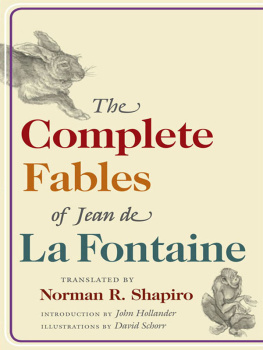

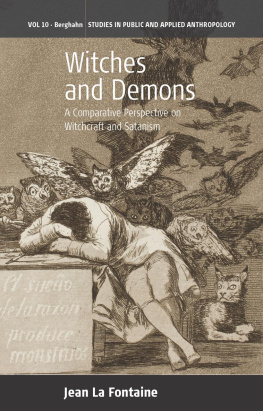

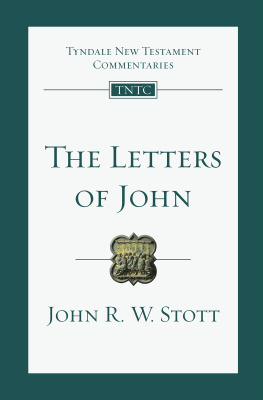
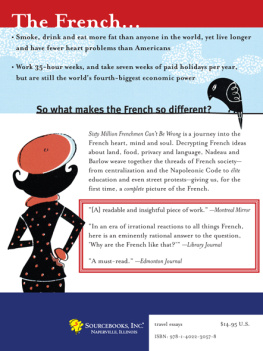
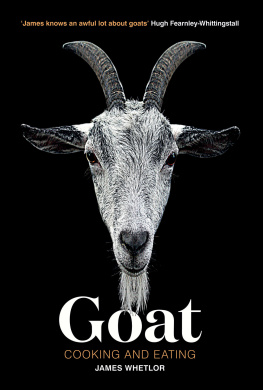
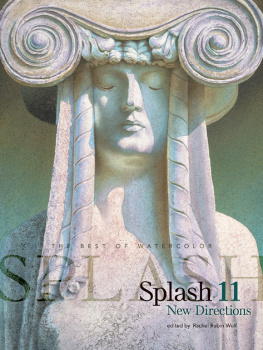
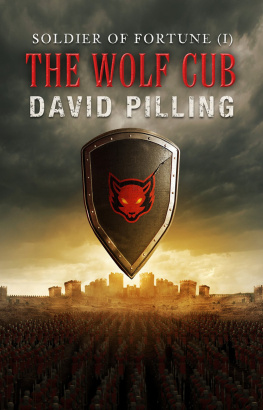
 The Complete Fables
The Complete Fables
 The Complete Fables of Jean de La Fontaine
The Complete Fables of Jean de La Fontaine  Translated by Norman R. Shapiro Introduction by John HollanderIllustrations by David Schorr University of Illinois Press Urbana and Chicago Copyright 2007 by Norman R. Shapiro All rights reserved Manufactured in the United States of America 1 2 3 4 5 C P 5 4 3 2 1
Translated by Norman R. Shapiro Introduction by John HollanderIllustrations by David Schorr University of Illinois Press Urbana and Chicago Copyright 2007 by Norman R. Shapiro All rights reserved Manufactured in the United States of America 1 2 3 4 5 C P 5 4 3 2 1  This book is printed on acid-free paper. One hundred fables originally appeared in Fifty Fables of La Fontaine copyright 1985, 1988 by Norman R. Shapiro, published by the University of Illinois Press and in Fifty More Fables of La Fontaine copyright 1998 by Norman R. Shapiro and published by the University of Illinois Press Sixty fables originally appeared in Once Again, La Fontaine copyright 2000 by Norman R.
This book is printed on acid-free paper. One hundred fables originally appeared in Fifty Fables of La Fontaine copyright 1985, 1988 by Norman R. Shapiro, published by the University of Illinois Press and in Fifty More Fables of La Fontaine copyright 1998 by Norman R. Shapiro and published by the University of Illinois Press Sixty fables originally appeared in Once Again, La Fontaine copyright 2000 by Norman R.